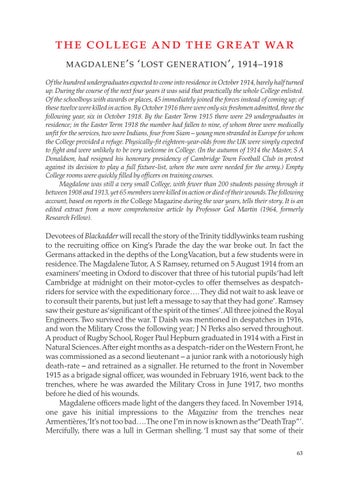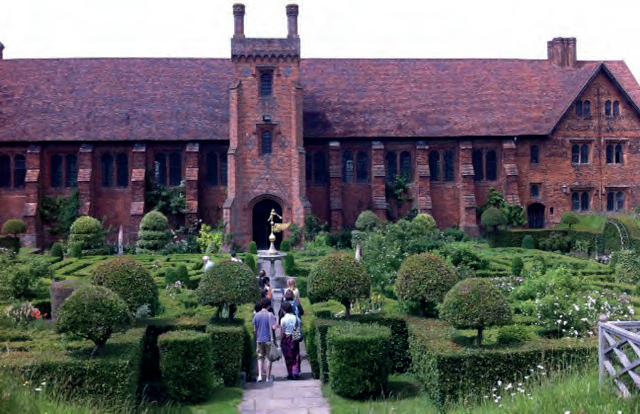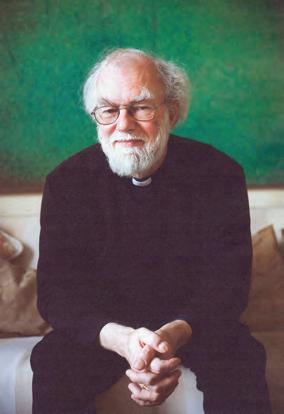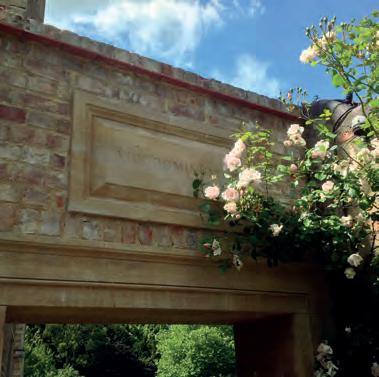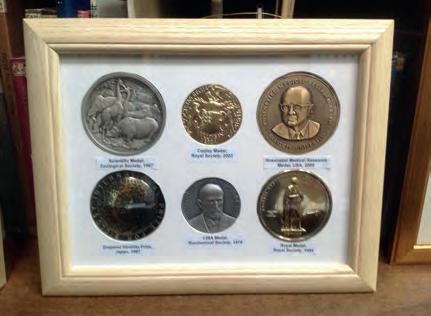the college and the great war MAGDALENE ’ S ‘ LOST GENERAT I O N ’, 1914–1918 Of the hundred undergraduates expected to come into residence in October 1914, barely half turned up. During the course of the next four years it was said that practically the whole College enlisted. Of the schoolboys with awards or places, 45 immediately joined the forces instead of coming up; of these twelve were killed in action. By October 1916 there were only six freshmen admitted, three the following year, six in October 1918. By the Easter Term 1915 there were 29 undergraduates in residence; in the Easter Term 1918 the number had fallen to nine, of whom three were medically unfit for the services, two were Indians, four from Siam – young men stranded in Europe for whom the College provided a refuge. Physically-fit eighteen-year-olds from the UK were simply expected to fight and were unlikely to be very welcome in College. (In the autumn of 1914 the Master, S A Donaldson, had resigned his honorary presidency of Cambridge Town Football Club in protest against its decision to play a full fixture-list, when the men were needed for the army.) Empty College rooms were quickly filled by officers on training courses. Magdalene was still a very small College, with fewer than 200 students passing through it between 1908 and 1913, yet 65 members were killed in action or died of their wounds.The following account, based on reports in the College Magazine during the war years, tells their story. It is an edited extract from a more comprehensive article by Professor Ged Martin (1964, formerly Research Fellow).
Devotees of Blackadder will recall the story of the Trinity tiddlywinks team rushing to the recruiting office on King’s Parade the day the war broke out. In fact the Germans attacked in the depths of the Long Vacation, but a few students were in residence. The Magdalene Tutor, A S Ramsey, returned on 5 August 1914 from an examiners’ meeting in Oxford to discover that three of his tutorial pupils ‘had left Cambridge at midnight on their motor-cycles to offer themselves as despatchriders for service with the expeditionary force…. They did not wait to ask leave or to consult their parents, but just left a message to say that they had gone’. Ramsey saw their gesture as‘significant of the spirit of the times’. All three joined the Royal Engineers. Two survived the war. T Daish was mentioned in despatches in 1916, and won the Military Cross the following year; J N Perks also served throughout. A product of Rugby School, Roger Paul Hepburn graduated in 1914 with a First in Natural Sciences. After eight months as a despatch-rider on the Western Front, he was commissioned as a second lieutenant – a junior rank with a notoriously high death-rate – and retrained as a signaller. He returned to the front in November 1915 as a brigade signal officer, was wounded in February 1916, went back to the trenches, where he was awarded the Military Cross in June 1917, two months before he died of his wounds. Magdalene officers made light of the dangers they faced. In November 1914, one gave his initial impressions to the Magazine from the trenches near Armentières,‘It’s not too bad…. The one I’m in now is known as the“Death Trap”’. Mercifully, there was a lull in German shelling. ‘I must say that some of their 63
